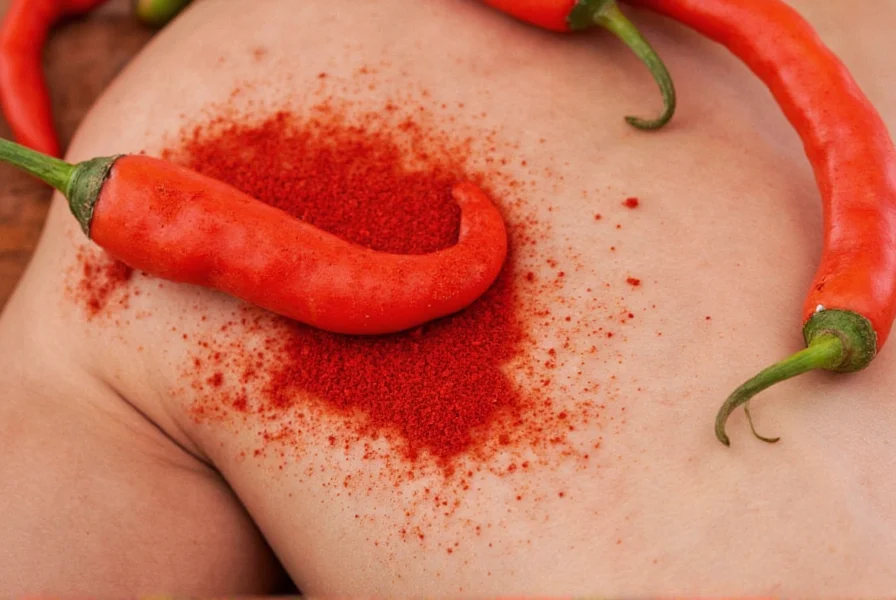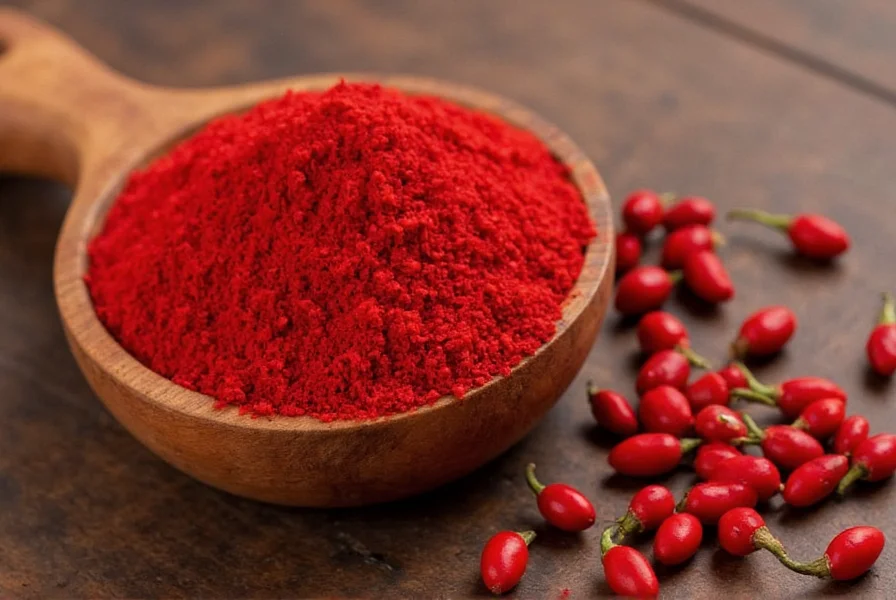Understanding Cayenne Pepper and Heart Health
Many online sources circulate dangerous claims that cayenne pepper can stop heart attacks instantly. These assertions lack scientific validation and contradict established medical protocols. The American Heart Association emphasizes that immediate emergency medical attention—not home remedies—is critical during cardiac events.
Scientific Evidence on Cayenne Pepper's Cardiovascular Effects
Research shows cayenne pepper contains capsaicin, which may offer modest cardiovascular benefits when consumed as part of a regular diet. Studies published in Cell Metabolism suggest capsaicin might improve blood vessel function and reduce hypertension over time. However, these effects:
- Develop gradually through consistent dietary consumption
- Are not immediate enough to address acute cardiac events
- Should never replace prescribed heart medications
- Require further research to confirm long-term benefits
| Claim | Scientific Support | Medical Recommendation |
|---|---|---|
| Cayenne pepper stops heart attacks | No evidence | Call emergency services immediately |
| Daily consumption supports heart health | Preliminary evidence | May complement—but not replace—treatment |
| Prevents heart disease | Insufficient evidence | Focus on proven prevention strategies |
Risks of Misinformation About Cayenne Pepper Heart Attack Treatment
The dangerous myth that cayenne pepper can treat heart attacks likely stems from anecdotal reports and misinterpretation of its potential long-term cardiovascular benefits. Relying on this misinformation during an actual heart attack:
- Wastes critical treatment time during the "golden hour"
- May interact with emergency medications
- Creates false sense of security while damage progresses
- Could cause additional complications from excessive consumption
Medical professionals warn that consuming large amounts of cayenne pepper during cardiac distress might increase heart rate and blood pressure—potentially worsening the situation.

Safe Use of Cayenne Pepper for Heart Health
While cayenne pepper shouldn't be used as emergency heart attack treatment, moderate dietary consumption may offer some cardiovascular benefits as part of an overall heart-healthy lifestyle:
- As a spice: Adding cayenne to meals may support circulation and metabolism
- Dosage: Culinary amounts (1/8 to 1/4 teaspoon daily) are generally safe
- Supplements: Consult your doctor before taking concentrated capsaicin supplements
- Medication interactions: May affect blood thinners and blood pressure medications
When to Consult Your Healthcare Provider
Individuals with pre-existing heart conditions should discuss cayenne pepper use with their healthcare provider, especially if considering:
- Using cayenne pepper supplements for heart health
- Consuming larger amounts than typical culinary use
- Replacing prescribed medications with natural remedies
- Experiencing heart palpitations after cayenne consumption
Your physician can help determine whether cayenne pepper fits safely within your specific treatment plan and medication regimen. Never modify your heart disease treatment without medical supervision.
Evidence-Based Heart Attack Response Protocol
If you suspect a heart attack, follow these medically approved steps:
- Call emergency services immediately (don't delay for home remedies)
- Chew an aspirin (if not allergic and not contraindicated by your doctor)
- Remain calm and sit down while waiting for help
- Follow instructions from emergency dispatchers
- Do NOT attempt unproven treatments like cayenne pepper shots
The American Heart Association's "Chain of Survival" emphasizes that professional medical intervention within minutes significantly increases survival rates. Every minute counts during a cardiac event—don't risk your life on unverified remedies.
Conclusion: Separating Fact from Fiction
Cayenne pepper remains a popular spice with potential long-term cardiovascular benefits when consumed moderately as part of a balanced diet. However, the dangerous myth that it can treat active heart attacks lacks scientific basis and could prove fatal if followed. Evidence shows no natural remedy can replace emergency medical care during cardiac events. Always prioritize proven medical protocols over viral health claims, and consult healthcare professionals before making changes to your heart health regimen.
Frequently Asked Questions
Can cayenne pepper cause heart attacks?
No, normal culinary consumption of cayenne pepper does not cause heart attacks in healthy individuals. However, excessive consumption might temporarily increase heart rate and blood pressure, which could potentially trigger cardiac events in people with pre-existing severe heart conditions.
Is there any situation where cayenne pepper helps during heart problems?
While cayenne pepper isn't appropriate for acute heart attacks, some research suggests regular moderate consumption as part of a heart-healthy diet might support cardiovascular function over time. Studies indicate capsaicin may improve blood vessel function and reduce hypertension with consistent dietary intake, but these effects develop gradually and shouldn't replace prescribed treatments.
What should I do if someone is having a heart attack?
Call emergency services immediately—this is the single most important action. Have the person sit down, stay calm, and if not allergic, chew one adult aspirin (325mg). Do NOT give cayenne pepper or other home remedies. Follow instructions from emergency dispatchers and prepare to perform CPR if trained and necessary. Every minute counts during a heart attack, so professional medical intervention must be the priority.
Can cayenne pepper interact with heart medications?
Yes, cayenne pepper may interact with certain heart medications. It can potentially enhance the effects of blood thinners like warfarin and may affect blood pressure medications. If you take prescription heart medications, consult your healthcare provider before significantly increasing cayenne pepper consumption or taking supplements containing concentrated capsaicin.











 浙公网安备
33010002000092号
浙公网安备
33010002000092号 浙B2-20120091-4
浙B2-20120091-4